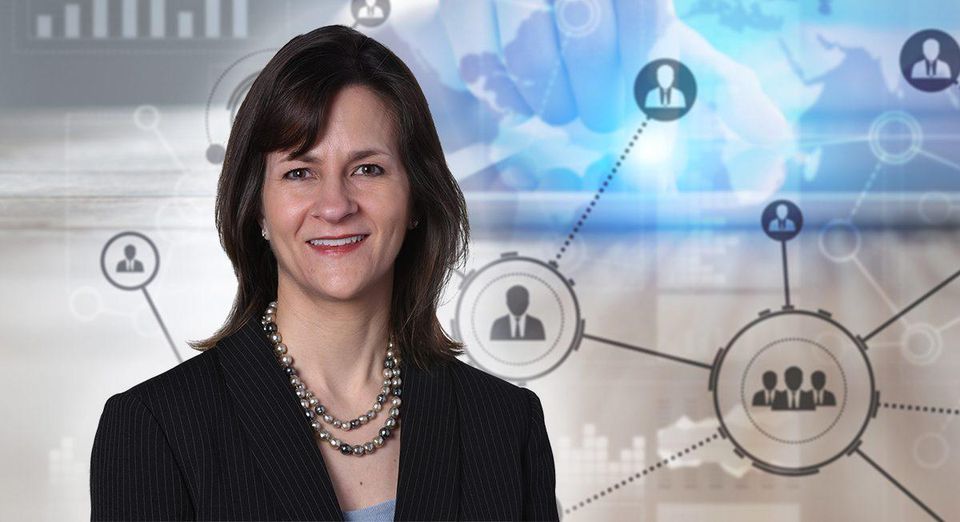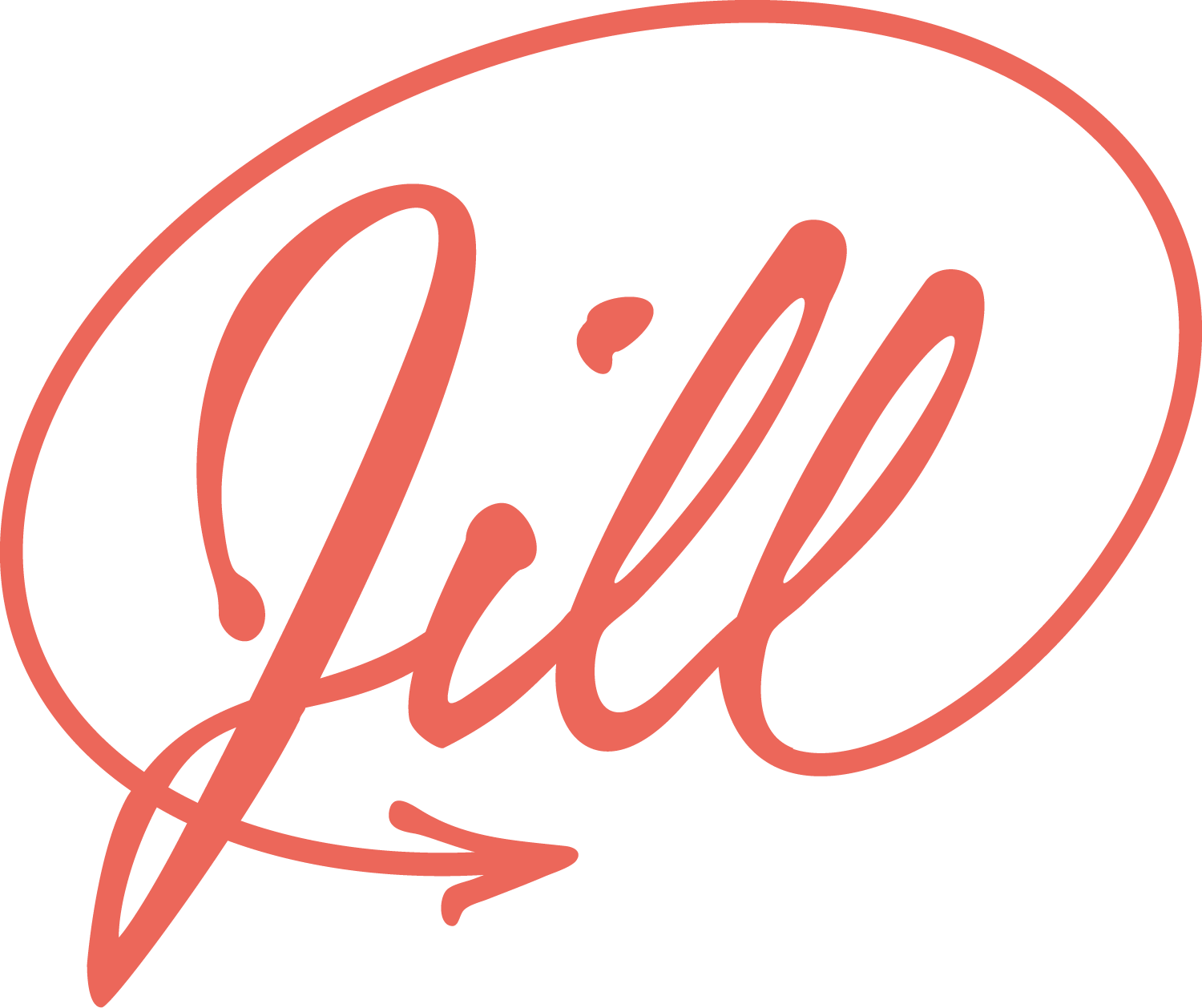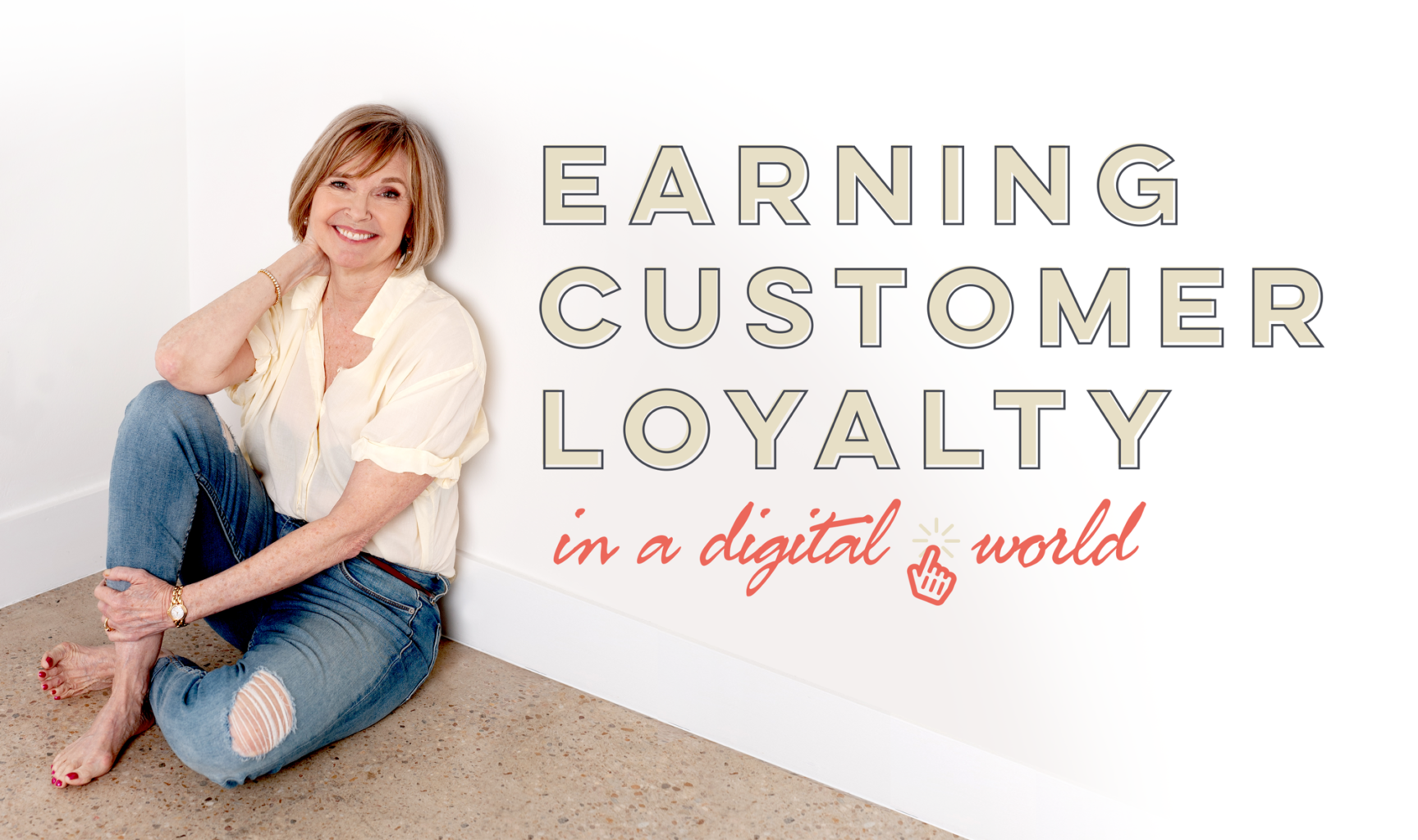
As You Succeed, Help Others Rise
Heather Wishart-Smith is the SVP of Technology and Innovation at Jacobs, a global engineering and professional services firm.
Wishart Smith is an accomplished technologist and professional civil engineer, a former U.S. Navy Civil Engineer Corps officer, and the president-elect of the Society of American Military Engineers (Which will celebrate its 100th anniversary in 2020, when Ms. Wishart-Smith will officially become president. Ms. Wishart-Smith will be only the second female president in its history).
I had the opportunity to interview Ms. Wishart-Smith recently. Here are the highlights of that interview:
Jill Griffin: Where did you grow up? Describe your early childhood and its significance on your life.
Heather Wishart-Smith: I grew up in Manalapan, NJ which is a suburb of New York City. My dad was an engineer with the New York Daily News as well as a “weekend warrior” in the Army National Guard and Reserves and my mom stayed home with my sister Nicole and me until we were mid-way through elementary school.
We were raised with a very strong sense of duty and giving back to our community – in addition to being a Vietnam veteran, Purple Heart recipient and reservist, my dad was a citizen servant, serving on our township’s planning board and board of adjustments for years, and as the chair for a number of years. My mom and dad both volunteered with local political organizations and as election board volunteers, youth coaches and referees and in a number of other ways. They even served as a host family for a Vietnamese refugee family for several months after the war. We were raised with the expectation that we would serve our community.
Even with my dad’s long commute, being gone one weekend a month and all of their volunteer work, my parents stayed very involved in our day-to-day activities. For instance, my mom made sure to get my sister and me to ballet classes, piano lessons, swimming lessons, and just about every possible class you can imagine. My mom grew up pretty poor on a dairy farm in Wisconsin, and she was determined to give us the life she didn’t have. We were a middle-class family and even with everything we were involved with we still found time to mow the lawn and clean the house. Our summer vacations were to Wisconsin to see family, and to wherever my dad’s two weeks of reserve duty were held.
I don’t know how my parents did it! I respect them immensely – they raised us with strong values of honor, trustworthiness, community service and prioritizing family. We are very close and I managed to talk my sister and parents into moving to the Washington DC area near me about 12 years ago.
Griffin: When did you first get the whisper you belonged in business?
Wishart-Smith: My call to business was early and I can’t count the number of businesses I started as a child. Of course, I had the typical lemonade stands, but I also started a singing telegram business, a card-making business, and a neighborhood food stand where I sold homemade baked goods. I wanted to work as soon as I was old enough and at age 14 I started working Sundays as a cashier at a nursery and craft store. I was also a lifeguard and I babysat.
Griffin: Was there an early teacher that inspired you? Who and how?
Wishart-Smith: I have been blessed with a number of wonderful teachers who inspired me and set me on a very positive track. The public schools I attended in Manalapan, NJ were fantastic, with a strong STEM emphasis (before STEM was even a “thing!”), but also strong English literature requirements. My 8th grade science teachers assisted me as my project advanced to higher levels and resulted in not only visits to the Princeton University Plasma Physics laboratory but also a paid rental of my project by a sponsoring company to use as a demonstration. And my high school chemistry teacher brought a group of girls and me to visit local colleges to discuss STEM programs. I don’t recall ever experiencing the discouragement or discrimination about women in STEM that so many girls before me did, and although I was in the minority, I don’t recall it ever being a big deal. I was encouraged based on my abilities and aptitude, and for that I am very grateful.
Griffin: Describe a painful setback in your life and what it taught you.
Wishart-Smith: When my first marriage of ten years ended two weeks before my twins were born, I was devastated. I’d had a difficult pregnancy near the end, and the twins were born prematurely. I was nervous enough about being a first-time mother of twins, and I didn’t know how I was going to raise my kids alone. At the same time, the company I was with was acquired by Jacobs, and I was nervous about my future at the company. In a two-week span I lost my marriage, I could have lost my twins and I was afraid I was going to lose my job. Fortunately, I had the resources to bring in nannies and other help, and my parents and sister were tremendously helpful. And my new Jacobs leadership was incredibly supportive, which was an early look into the company’s core value that “people are the heart of our business” and that cemented my loyalty to Jacobs.
In time, I met my husband Keller when the twins were 13 months old. When we married, he became a stay-at-home dad to them and we eventually had another daughter, who is now 4 ½.
I firmly believe that everything happens for a reason and this experience really grounded me and caused me to see what is truly important. I had no choice but to prioritize my work activities and found that I became more productive by being more focused. It also made me a lot less reactionary, calmer under pressure and better equipped to handle the stresses of the day. It was a really trying time for me, but I created the mantra, “This is not the life I chose, but I’m choosing to make the most of the one I have.” I wouldn’t change the life I have now for anything.
Griffin: As you rose in your career, what obstacles did you encounter and how did you deal with these?
Wishart-Smith: When I first read about Imposter Syndrome I was floored – I had no idea that there was a name for what I had long experienced, much less that others felt the same way. I had spent my entire life, from my earliest memories, feeling that I wasn’t good enough and fearful that eventually people would be disappointed once they figured out that I wasn’t as good, smart, or talented as they thought I was. In some ways Imposter Syndrome can be productive, motivating you to work hard and be the best you can be. But when it impacts your self-esteem, confidence and the pleasure you derive from work, or if it prevents you from seeking new challenges, it needs to be addressed. I can’t say that I have a magic cure for Imposter Syndrome, and I still doubt myself daily. But by remembering past successes and even by just acknowledging it for what it is, I’ve learned to identify and get past it.
Griffin: Please give me the top three bullet points in your Personal Leadership Credo.
Wishart-Smith:
- If you don’t learn from a bad experience, you’re missing out on a good opportunity.
- They don’t pay you the big bucks to look good in a suit. (This one I got from my first husband, and I think it’s a good reminder when you have to make tough decisions).
- Lift as you rise. You are never too early in your career to mentor, inspire and assist others.
Griffin: What advice do you have for young, talented, ambitious women who want to rise?
Wishart-Smith:
- Be nervous at work! If you aren’t nervous, you aren’t challenging yourself.
- Find a professional society or organization that fits your professional goals and aligns with your employer’s and seek leadership roles.
- Take charge of your career by networking and finding (and also being) a mentor. Mentoring should be a symbiotic relationship where both parties benefit. Professional organizations can be a great place to find role models who can serve as mentors, as well as mentees whom you can help develop to their full potential, while learning from them at the same time.



